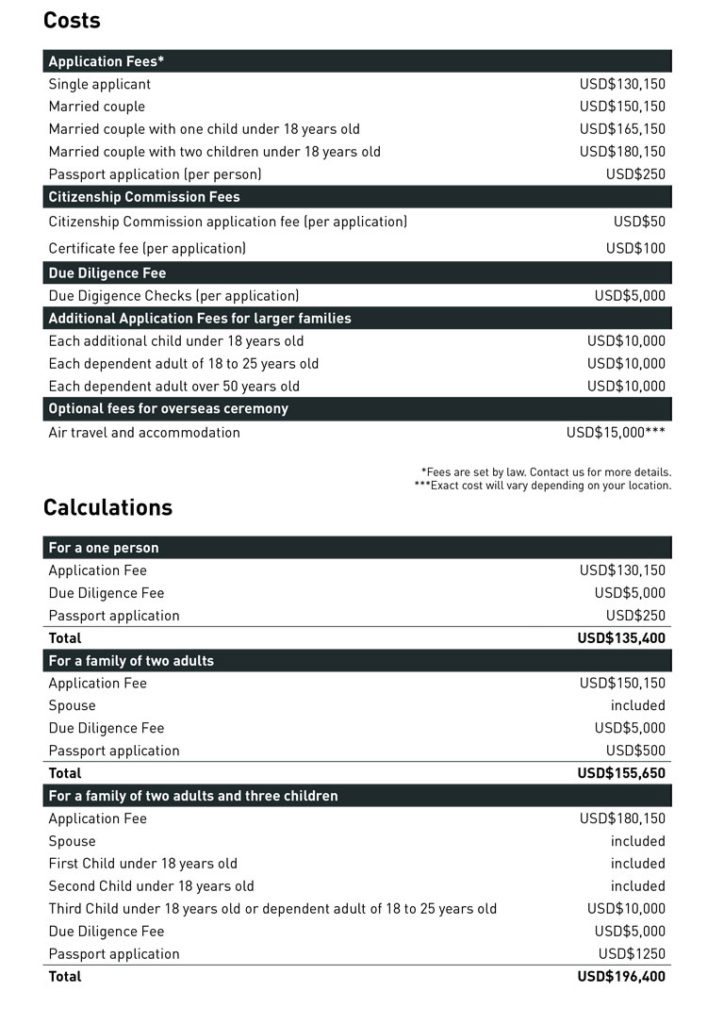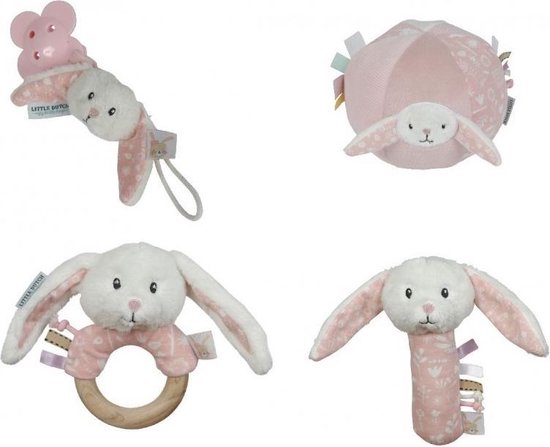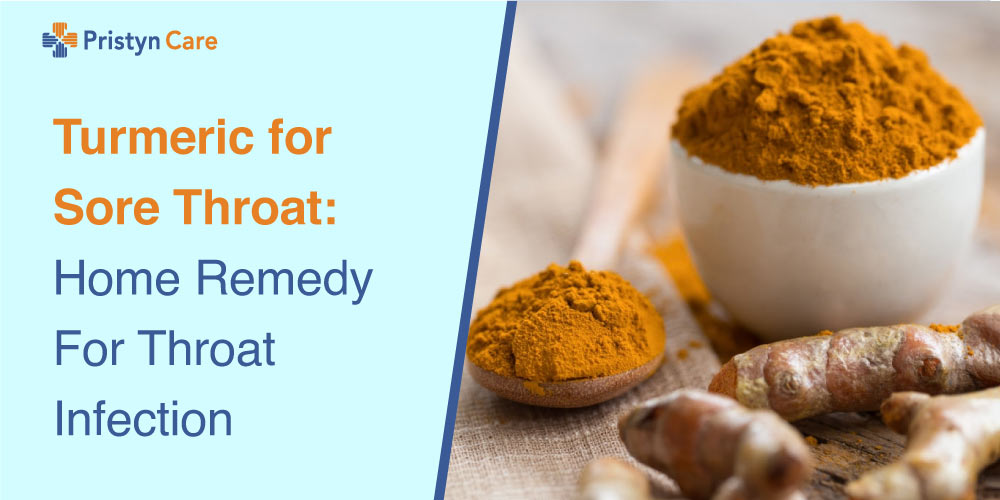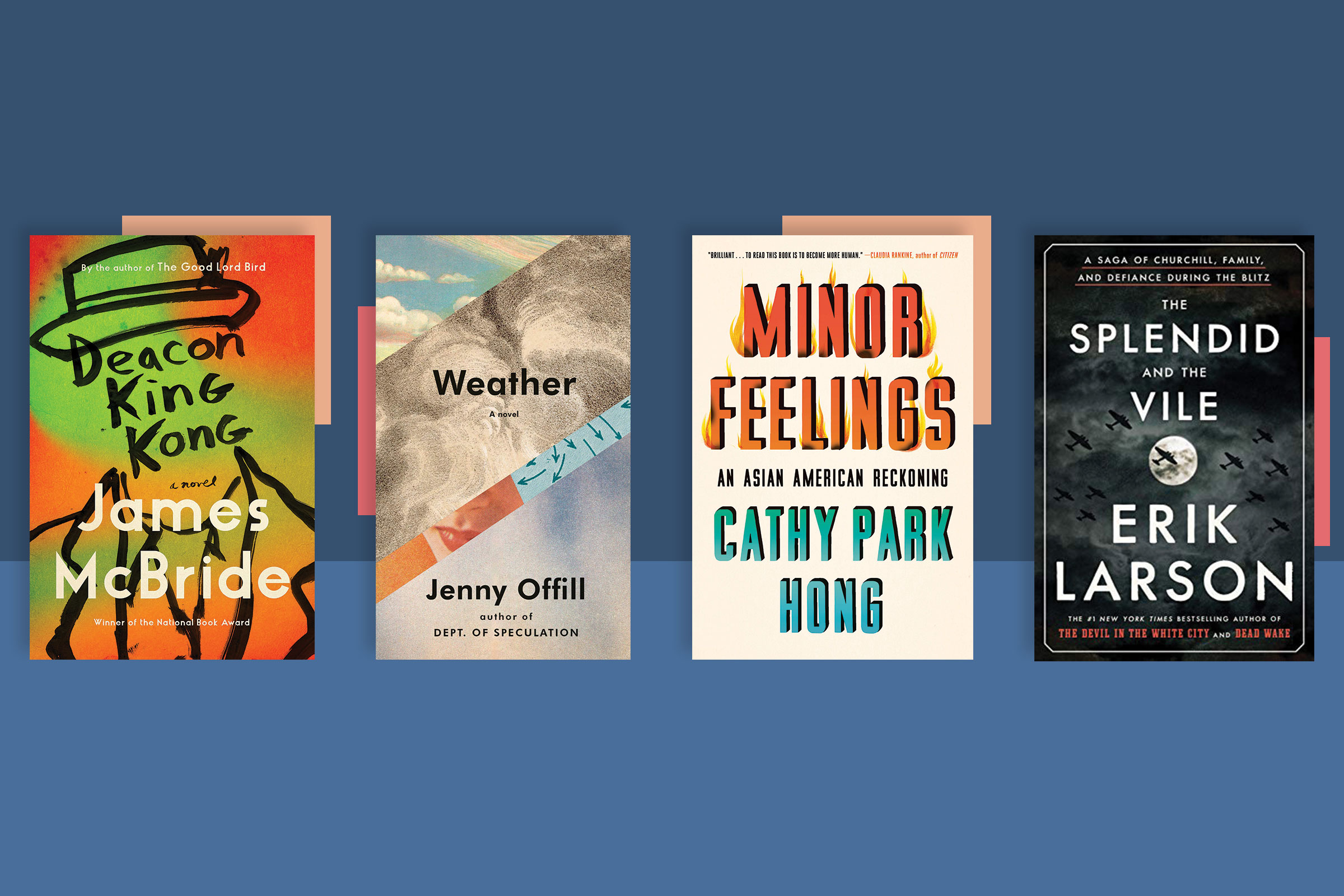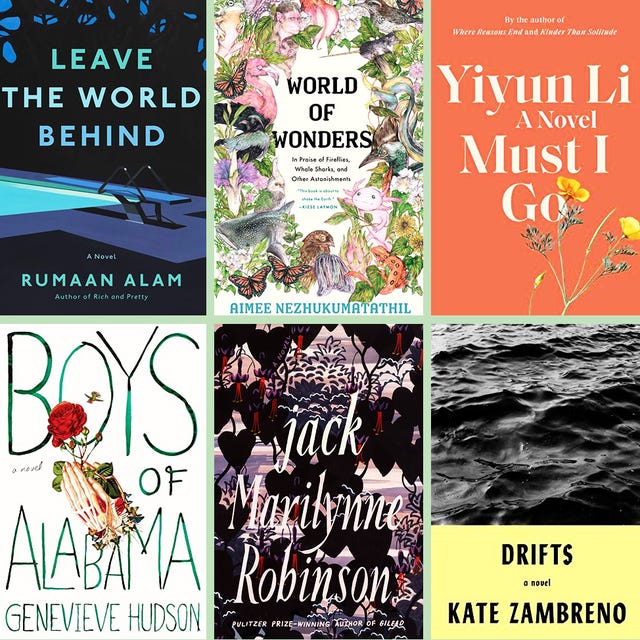Live births by birth order in the present marriage and by birth order for all the children born alive to the woman. Women are born with all the eggs theyll ever have about 1 million of them.
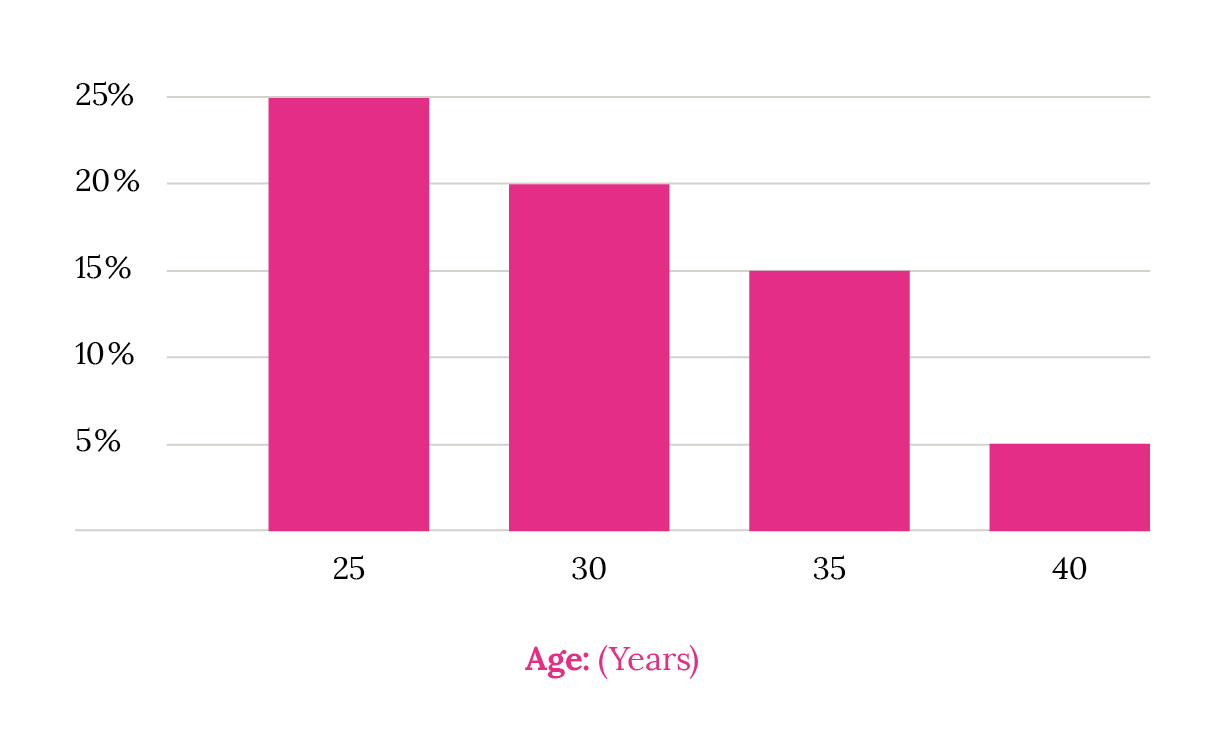 Chances Of Getting Pregnant By Age Chart Ccrm Fertility Clinic
Chances Of Getting Pregnant By Age Chart Ccrm Fertility Clinic
By age 40 the chance of getting pregnant in any monthly cycle is around 5.

Fertility by age. By age 51 when women have their menopause they have about 1000 immature eggs but these are not fertile. The damage to fallopian tubes can also make an ectopic pregnancy more likely. At every menstrual cycle one of the immature eggs will mature and be released during.
Fertility indicators metropolitan France. Ideally in terms of fertility the best time to try to get pregnant is in your 20s but this does not work for everyone. The number of eggs decreases as women get older.
For women the peak reproductive period is between the late teens and late 20s. Fertility starts to decline as we reach 30 and it. As you grow older into your twenties you become more fertile.
Mean interval since the birth of the previous child in the present marriage by age of the mother. Other age-related conditions that can affect fertility include. Their egg pool is abundant and most of their eggs do not have chromosomal abnormalities both of which guarantee heightened likelihood of conception.
Your chances of being able to get pregnant naturally start to lower slightly in your late 20s and considerably in your late 30s. A study compared womens ability to conceive in different age groups. There are many common misconceptions about how age affects.
Fertility gradually begins to decline at around age 32. After age 35 that decline speeds up. After 30 womens fertility starts to decrease.
The number of eggs. Women are most fertile before the age of 30. 3 Zeilen How does age impact fertility.
While women under 30 have about 25 chance of getting. Researchers found that semen quantity peaked between the ages of 30 and 35. Fertility generally starts to reduce when a woman is in her early 30s and more so after the age of 35.
Fertility in the Aging Female A womans best reproductive years are in her 20s. Its a common misconception that IVF treatment can overcome age-related infertility. Age plays an important role in fertility.
It showed that compared to women aged 30-31 the chance of conceiving was. At birth most girls have about 2 million eggs at adolescence that number has gone down to about 400 000 at age 37 there remain about 25000. Could this be natures way of making sure a couple conceives before female fertility starts to decline at age 35 On the other end of the spectrum overall semen quantity was found to be lowest after age 55.
These days many women get pregnant in their 40s. A womans age also affects the chance of success with IVF. Interval since the birth of the mothers previous child.
5 Zeilen The truth about natural fertility and age. By 40 a womans fertility is about half the level it was before she was 30. If you have endometriosis it may become more extensive as you age.
Women in their 20s enjoy the highest fertility with 24 typically being quoted as the peak fertility age. It can take five times as long for a women to get pregnant in the male partner is aged over 45. For men fertility also declines with age decreasing more so over 40.
Its certainly possible but it usually requires a little more planning. Endometriosis which can cause fallopian tubes to thicken with scar tissue. When your hormones kick in during puberty and you have your first period you can get pregnant.
Each month that she tries a healthy fertile 30-year-old woman has a 20 chance of getting pregnant. Once you hit 40 your chances of conceiving can drop to 5-10. Year Fertility rate by mothers age number of births per 100 women Total fertility rate 1 per 100 women Mean age 2 years Reproduction rate per 100 women 15 - 24 years 25 - 29 years 30 - 34 years 35 - 39 years 40 - 50 years Gross 3 Net 3 1946.
So what is the change in fertility by age. As you progress deep into your thirties you become less fertile. After 35 fertility declines more significantly.
Fertility and age go hand in hand. Fertility gradually declines in the 30s particularly after age 35.

